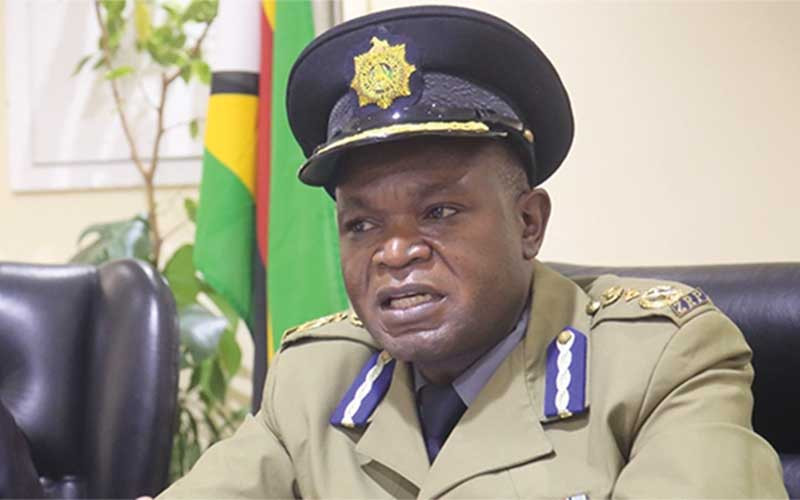
FORTY-FOUR Zimbabwe National Students Union (Zinasu) members, who were arrested while holding a meeting before being forced to pay admission of guilt fines for “disorderly conduct”, are demanding trial to prove their innocence saying they committed no crime.
Police on July 24 pounced on Zinasu members at the Zesa Training Centre in Belvedere, Harare, following the eruption of violence, which resulted in destruction of property.
According to national police spokesperson Commissioner Paul Nyathi, police were called in after violence erupted among the activists.
However, the students through their lawyers from the Zimbabwe Lawyers for Human Rights have objected to the confirmation of guilt fines, arguing that they paid to avoid pre-trial imprisonment and inconveniences threatened upon them by the police.
“Without any provocation or disturbance of public order, our clients’ meeting was stormed and disrupted by the Zimbabwe Republic Police officers who were more than 40 in police vehicles led by Inspector Kamusoni and Inspector Mhara,” the letter addressed to the Provincial Magistrate Court gleaned by NewsDay read.
“They ordered the meeting to be abandoned and the police started to shove people onto their trucks and vehicles and in the process, some were randomly assaulted and valuable property such as laptops was misplaced/disappeared.
“Our clients were forcibly driven to Harare Central Police Station without being charged and against their will. When they were at Harare Central Police Station, they were forcibly ordered to sit on the dirty floors and accused of conducting meetings at the wrong time.”
The letter revealed that police advised that they are concentrating on ensuring there is peace in preparation of the Sadc summit set for August 17 and 18 and are not tolerating any meetings.
- Sikhala demo student out on ZW$200 000 bail
- Zinasu in anti-suicide campaign
- ‘Zinasu president was on the run’
- Govt perpetuating culture of fear, intimidation: MP
Keep Reading
The letter also disclosed that police said they wanted to profile all the accused persons and take their fingerprints to ensure they are able to follow up on them in case there is violence in future.
“When our client tried to resist this, they were advised that they will be taken to court on charges of disorderly conduct C/S 41 of the Criminal Law (Codification and Reform) Act [Chapter 9:23] and the police indicated that they will oppose bail for the sake of the Sadc summit to be peaceful,” the lawyers wrote.
“Our clients then considered that for them to be spared from lengthy incarceration where bail will be opposed and denied maliciously for the sake of the summit, which was three weeks away, clients decided to comply with the police directive to pay admission of a guilty fine (sic).”
The letter said police boasted that the 44 Zinasu members would rot in jail because courts were not granting bail pending trial in matters relating to public disturbances and used the matter of State vs Jameson Timba and 78 others, who have had their bail applications denied for over a month, as a reference point.
“As a result of these threats, which to them were real, our clients consented to paying admission of guilt fines in order to avoid pre-trial imprisonment and inconveniences threatened upon them by police.
“Our clients paid admission of guilty fines under protest and desperation in order to gain liberty and freedom and dignity which had been violated for hours by police,” the rights lawyers stated.
“In light of the foregoing and in terms of section 356 of the Criminal Procedure and Evidence Act [Chapter 9:07], our clients strongly object to the confirmation of the admission of guilty and advise that they are available to stand trial if the complainant is convinced that they committed an offence.”










